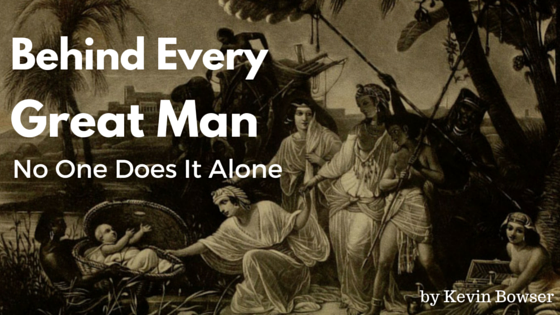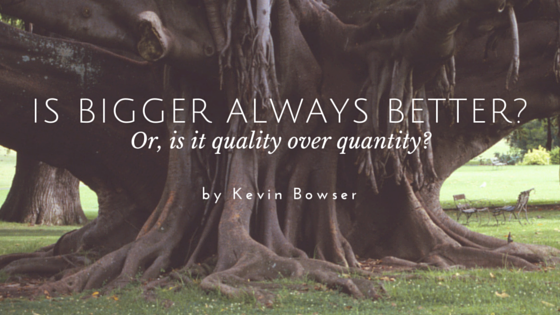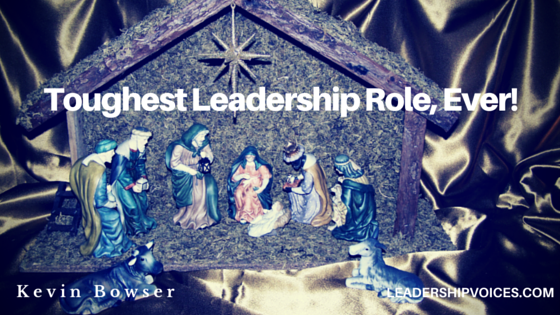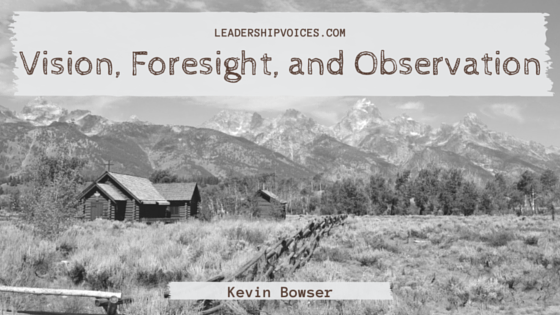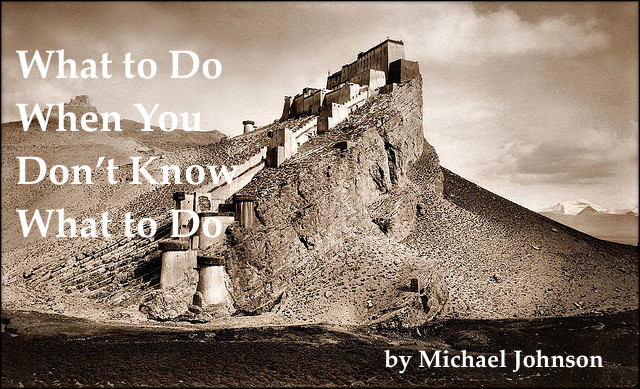With as much humility as I can muster, I will say that I am a very comfortable public speaker. It is one of my strengths. But, there are a lot of areas where I have weaknesses. The older that I get, the more that technology has become a weakness.
More than admitting a weakness
There is more to this little moment of transparency than just admitting a weakness. This is about being self-aware enough to know your strengths and weaknesses. Clint Eastwood gave us a memorable line from his 1973 sequel to Dirty Harry, entitled Magnum Force. He said in that movie, “A man’s got to know his limitations.” It seems the older that I get, the more in touch I am with my limitations.
Knowing one’s limitations is just another way of expressing one of the key components of emotional intelligence. Knowing our limitations is being self-aware. And self-awareness leads to being able to self-manage.
What does this look like from a practical standpoint?
I am in the midst of some very significant changes in my writing and coaching practice. Some of those changes are requiring a huge technological component in order to support my mission and goals going forward. And I do not have the skills necessary to perform much of the work that will need to be done.
That is a hard thing for me to admit. I have more than 20 years in various areas of the IT industry. I have managed areas of a data center, I have managed software development teams, and I have managed It operations. Unfortunately, the last time I had a real IT job was 17 years ago. And yet today, I am totally out of my depth when it comes to technology. If I stray too far from my Mac and iPhone, I am in unfamiliar territory. And, truthfully, I don’t know a whole lot about my Mac and iPhone!
What is the practical application of this self-awareness?
Click here to read the rest of the article »




